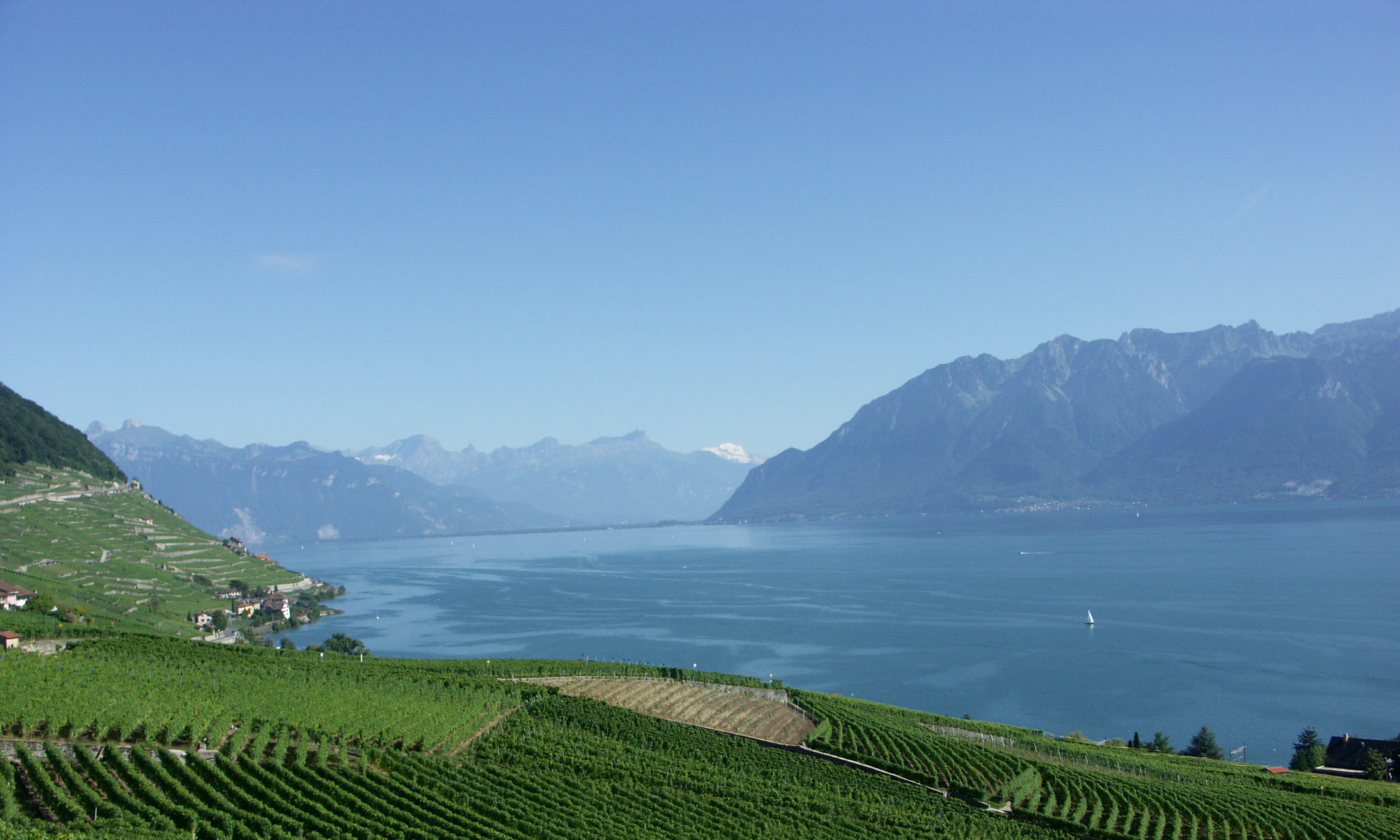To reply to this question use the “Leave a reply” box/field at the bottom of this page.
51 Replies to “Question 2: What are the top three areas where the capacities of National Hydrological Services need to be strengthened, in particular through international cooperation? What would be the difference in the case of a combined Hydrometeorological Service?”
Comments are closed.


1. Standardized cost-effective training (capacity building) and equipment acquisition for hydrological data collection.
2. Enhanced capacity building for advanced hydrological analyses (modelling, isotope hydrology, etc) for developing countries.
3. A greater emphasis to the political/governance sector of the importance of the water sector and the need for proper funding and attention.
1.- access to data from remote sensors,
2.- the systematization of information in accessible databases, and
3.- The instrumentation of analysis and prediction tools, (eg: integrated models)
It is the same for the case of a combined Hydrometeorological Service.
Regarding international cooperation, the NHSs should definitely focus on:
1) training courses bringing together the capacities from around the globe, and the knowledge transfer related to hydrological skills,
2) establishing the common language and terminology, which is also connected to the websites where several NHSs do not provide the proper information in English (for instance),
3) education of young hydrologists because there is (and probably there will be) a strong lack of these forces in NHSs.
In the case of combined hydrometeorological services, the situation can be better because the cooperation between hydrologists and climatologists (e.g. regarding modelling skills) can be valuable. However, the effective cooperation requires better communication, while today these communities sometimes work more or less individually, despite the fact they are situated under the same umbrella in some countries.
1. Development of guidelines and standards for monitoring glacial lakes and glaciers related hazards from NHS.
2. Capacity building of technical person in the sector of modelling glacial melt, flash flood, drought and remote sensing approach.
3. Development of data hub online to share data for trans-boundary water related hazards
1) Low cost and reliable technologies to the field, not only on sensors and measurement devices, but also cheaper ways to transmite data;
2) Permanent capacity building program, in order to introduce new technologies and methods and to recycle and motivate teams;
3) International cooperation in data sharing. As a country, we have agreements with almost all other countries at South America, but data sharing is a hard issue to achieve. No country can evaluate it`s national water resources without sharing water data with neigbhours.